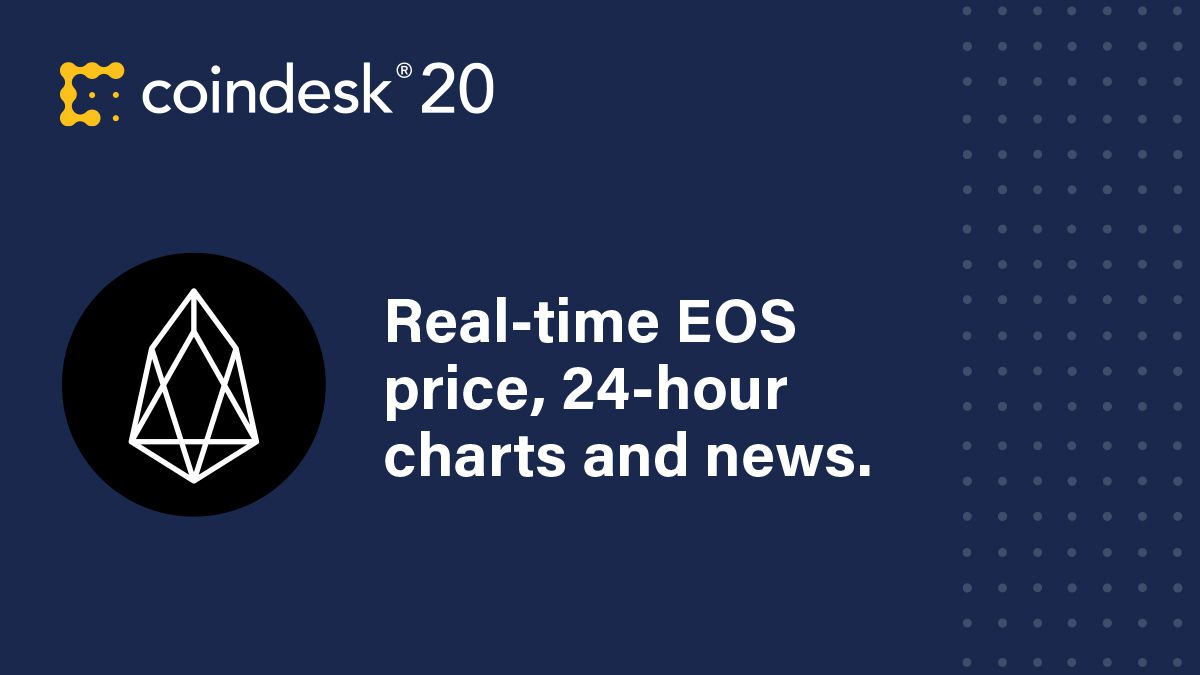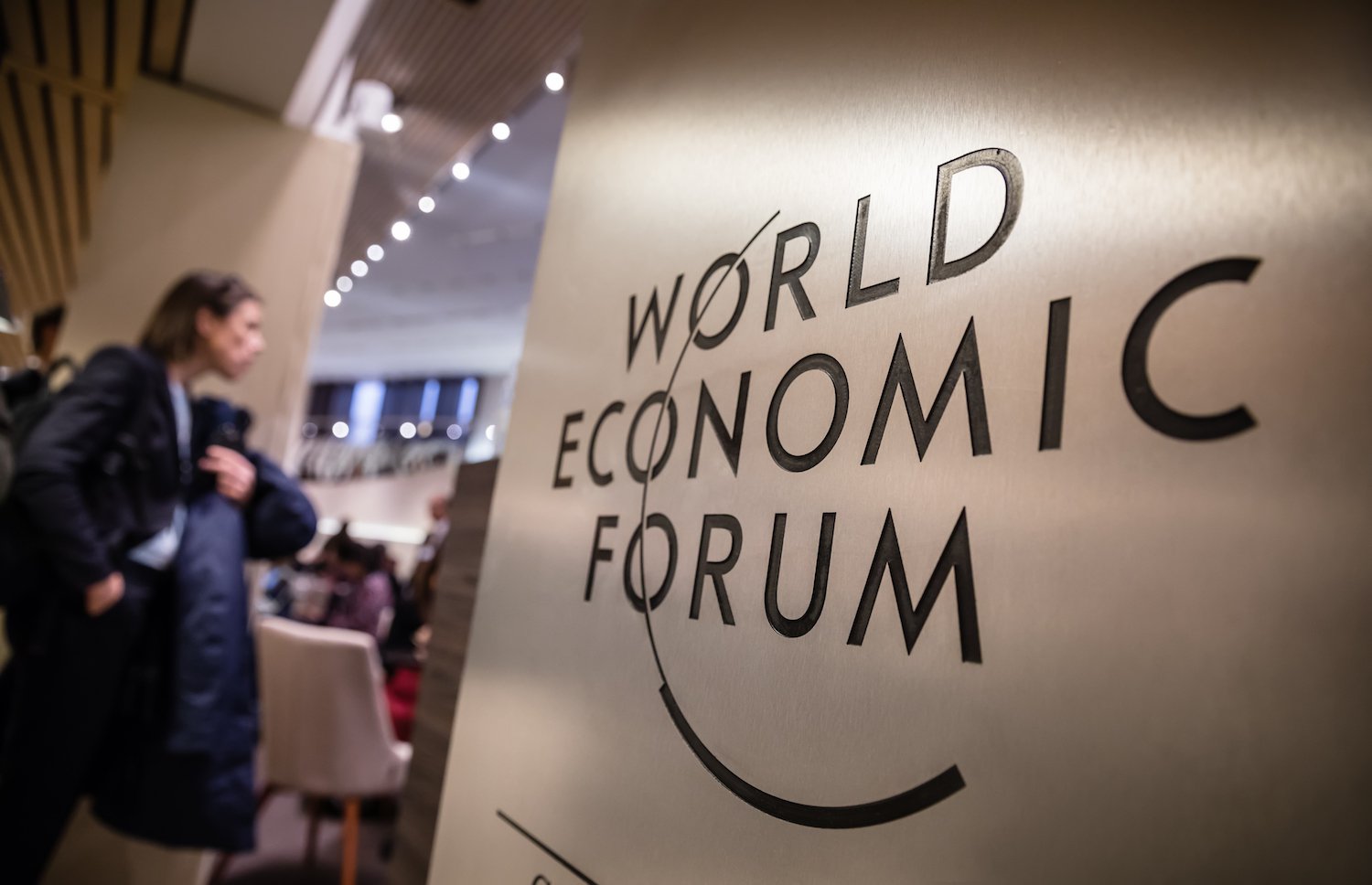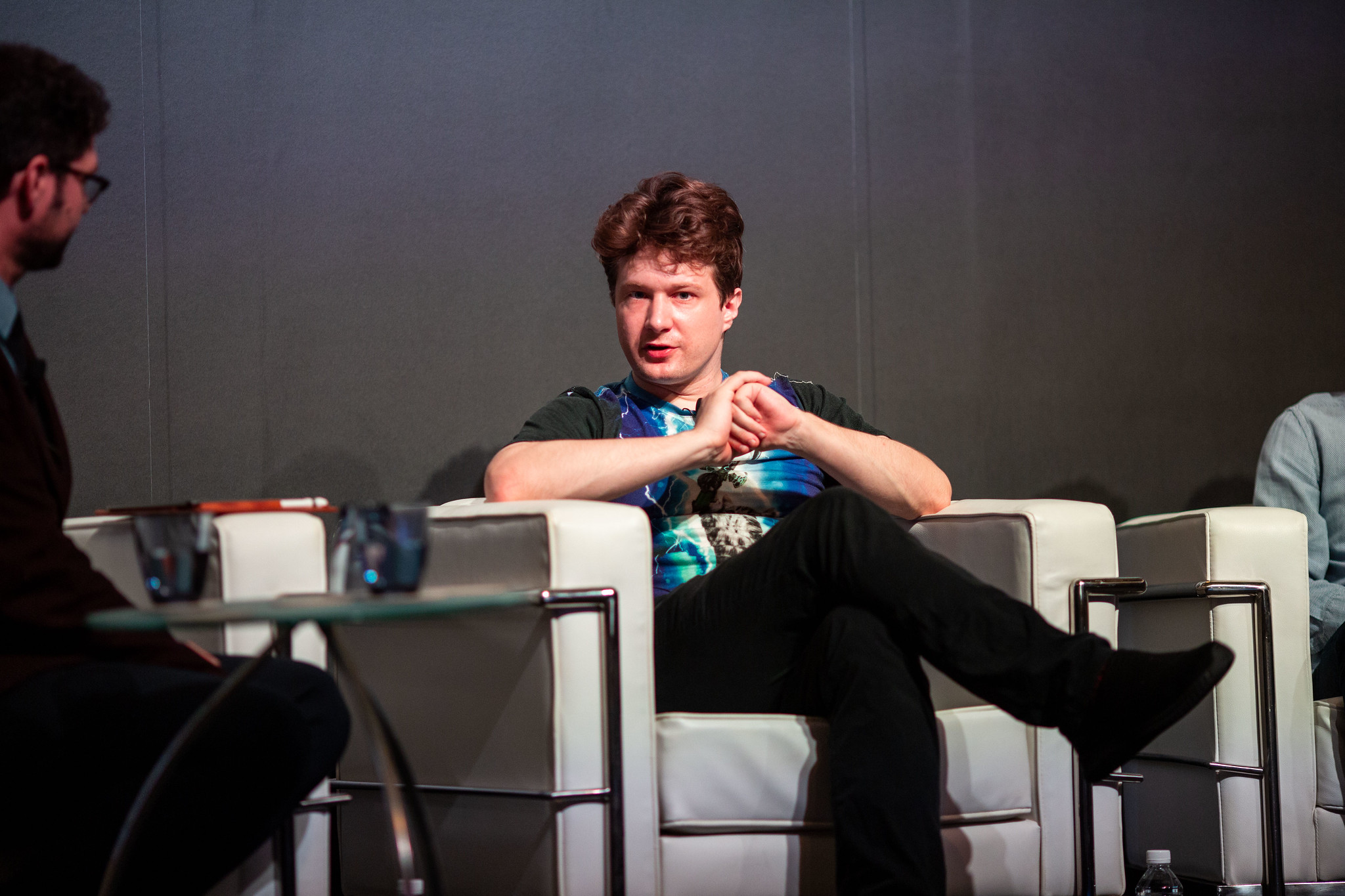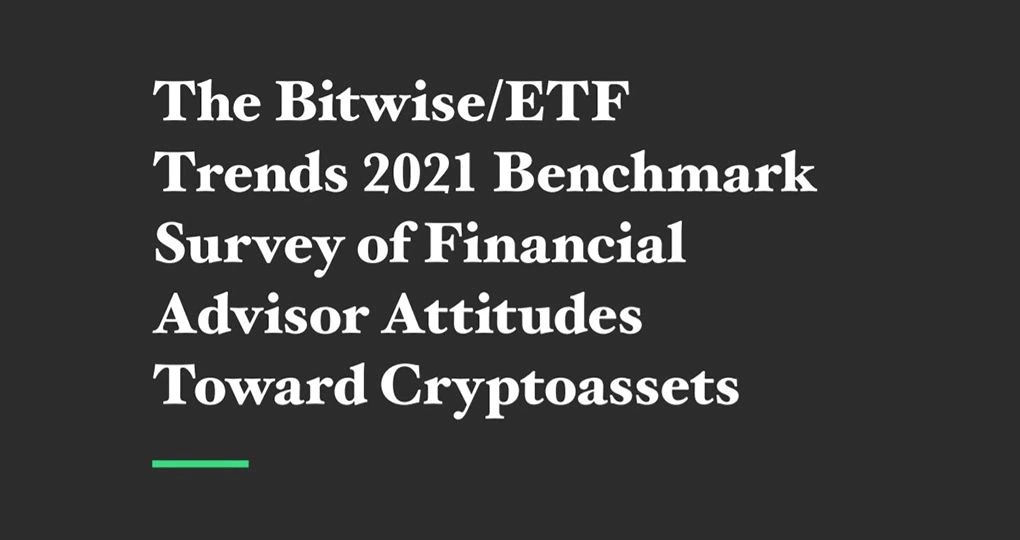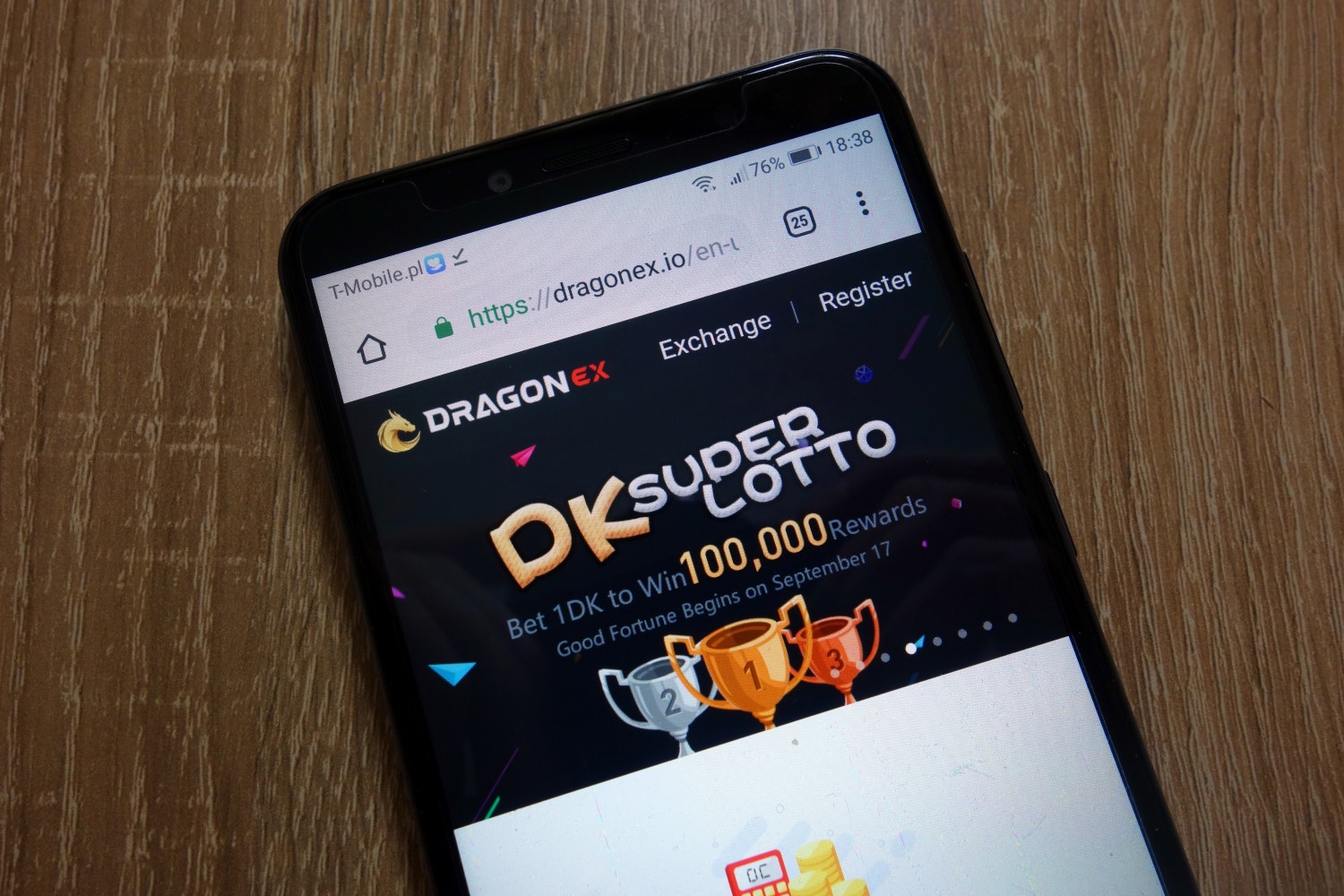The Digital Archipelago: How to Build an Internet Where Communities Thrive
The Digital Archipelago: How to Build an Internet Where Communities Thrive
The internet of today isn’t the independent territory it was originally imagined to be. For ordinary people “the internet” is just a bunch of apps made by giant companies. These companies do whatever they want with your data, disappear when the journey is over, spy on you and show you ads. I’m honestly not sure why people even bother trying to come up with dystopian futures for the web – it’s already here.
So how will the web evolve in the next 10 years? Things could continue to get worse for a little while. But soon we’ll start playing the past few decades in reverse. We’ll build new protocols that give people control over how they connect and build communities. Slowly at first, then incredibly quickly, we’ll return control of the internet to the communities that depend on it.
Galen Wolfe-Pauly is the co-founder of Tlon, a corporate developer of Urbit. This post is part of CoinDesk’s “Internet 2030” series examining the future of our digital lives.
The technology that will return the web to the individual is just emerging. You can see it on the horizon just like last time around. Instagram is CompuServe, Facebook is AOL, Twitter is Prodigy and the next internet is just barely getting started.
I can’t render the future in HD, but I can see the broad outlines. To lay these out, let’s start with an overview of how our technology is changing, then we can talk about how new protocols will change how our digital communities function and feel.
Unbundling into protocols
The internet of apps that we live in is amazing. We can stream gigabytes of data to one another as chat messages, videos, location data, biometrica data, livestreams and so on. This plethora of ways to connect, above all, lets us build new kinds of communities. Communities are how we make sense of the world and generate a sense of progress. Under an ominous orange sky, in the midst of a pandemic, our communities are incredibly important. They may be the only way we’ll figure out a path forward from the strange world we’re in.
The problem is, the communities we build are all stuck inside the apps we use. This means our communities are fragile, they can disappear when the app disappears. They’re limited and depend on the app developer to decide what functionality makes sense. They’re controlled by someone else: App developers decide the rules about content, membership and so on.
Every app we depend on today has to run some server somewhere to provide identity, data storage and computation. Every app has its own stack and none of them work together.
The future is the exact opposite of this. We’ll unbundle everything about the current app model. Identity, data storage and computation will become universal protocols just like TCP/IP or HTTP. When this happens we’ll log in once, compute and communicate freely and trust that our data lives forever.
That sounds way too good to be true because it is. It won’t be perfect, but it’ll be just like the transition from the mainframe to the PC or the “online service” to the internet. Most important, our tools for building communities will improve dramatically.
Shaping environments
Today’s apps are like hotel rooms. You can’t move the furniture or put anything on the walls. Imagine if you tried to start an intentional community in a Marriott.
Today’s apps are restrictive because they’re monolithic. Each one rolls together systems for logging in, storing data and doing computation. When each of these components are protocols of their own, developer-prescribed, massively multipurpose interfaces don’t make sense. Instead, we’ll build single-purpose tools that communities can compose creatively.
In a future of rich protocols, when we sit down to work we’ll bring up a single shared environment with our collaborators. Chat messages, discussion and documents will all live in the same place. We’ll monitor the markets, chat, write and monitor infrastructure all in a unified interface that we log in to once.
Technology exists to serve people.
We’ll swap between work-oriented spaces and social spaces smoothly, creating new ones as we see fit. We’ll casually spin up new spaces for friends, colleagues or events by simply picking the tools we need and the people to share them with. We’ll go out to dinner by sharing directions, a reservations service and shared payments for splitting the check.
These tools will store our data, but they won’t control it. We’ll log in, but with identities that we own. And when we use them, they’ll simply commit data to each of our permanent personal archives.
Community-curated spaces will feel familiar, natural and safe in a way that one-size-fits-all apps never can. The experience of being able to log in once to a standardized look and feel will be a welcome relief from the world of constantly switching contexts. It’ll be like living in your own home.
Self-regulating communities
Who gets to decide the rules of the software we use today? The people who run the software, of course. And if you ask, “cui bono,” it’s because the apps we use are designed to make themselves as profitable as possible.
If an app is like a hotel room, the company developing it is like the owner and property manager rolled into one. It’s no surprise when they tell you to stop loudly arguing in the lobby, or having a rager in your room. They’ve got to keep the rest of the guests happy. And, since they own your whole social graph and all the data you put into the platform they hold all the power.
When communities can initiate themselves on top of universal protocols, the developer-as-rulemaker will disappear completely. Instead, communities will make their own rules and care for their own social graphs.
In this future, we’ll be able to decide how much personal information we share with our communities and what we require other members to share. Some of our communities might make using real names a custom, others might be strictly anonymous. Further, each community will decide who stays and who goes; what’s acceptable and what isn’t.
And, when we decide to leave a community or start a new one we won’t leave our social graph or connections behind. We’ll take them with us because they’re a part of the permanent archive we carry.
Once communities are independent, have the tools to govern themselves and aren’t at risk of losing their connections, we’ll see far more variety in guidelines, rules and conventions. Membership could be subject to a collective vote, content moderation could similarly go through different phases of community review, identity details could be used as a kind of “staking” for anonymous-but-verified communities. With a lower boundary for exit (with a portable social graph), community forking will be common.
The simplistic world of “verified” accounts and moderated content hardly serves our desire to explore new ideas and new forms of community. Building communities in a protocol centric world will feel more like digital homesteading than reluctant imprisonment. A digital world we can trust is one with much higher quality discussion and more earnest engagement.
Self-sustaining communities
When an app disappears, so does my identity, reputation and data. Since the apps we use today are each unbreakable monoliths of interface-and-data-and-code-and-devops, even when I do get my data back it’s useless without the app itself.
Today’s software cannot, by design, make genuine guarantees around durability. The crux of this is that software itself is both owned and controlled by companies. It could be that a company raises too much money and can’t bring cash in, it could be that it has to sell all your data to advertisers to stay afloat, or even when you’re paying, its owners could decide to sell the business and cash out. No centralized app can be a solid foundation for a lasting community.
Communities of the future won’t have these issues. They’ll be built on top of durable, long-lasting, universal protocols so the cultural record can be safe.
In the future, we’ll be able to commit ourselves to self-sustaining communities in ways we never can in our current arrangement. Will my grandchildren actually be able to read the notes and photos I have shared with the family? Will future students be able to look at discussions and debates from decades past? If they’re on someone else’s platform, it’s impossible to say. On a platform designed to last forever, we’ll be able to create things without any lurking suspicion that they might disappear.
For a community to survive and be independent we won’t just need reliable underlying protocols, although that’s critically important. Communities have to be able to do business, to sell products and content, and to manage digital contracts. Communities have to be able to ensure their survival by freely doing business.
In the future, we’ll see collectives that produce and publish content directly to their subscribers. We’ll see everything from investment syndicates to developer collectives run their businesses by managing smart contracts that control both assets and enforce community governance.
The archipelago
Technology exists to serve people. Today, the situation is nearly reversed. Each of us is just propping up an engagement graph somewhere. Our thinking has been warped because we’re at the mercy of our tools and the people that control them.
There’s enormous potential for geographically distributed, decentralized communities to build in incredible ways. I can see the outlines of what these communities will be like – but I can’t tell you what they’ll do or how. All I do know is that the physical world is a vast expanse of varied ways of living and thinking. The sooner the digital world is an archipelago of independent groups, tribes, communes and communities, the better off we’ll be.





